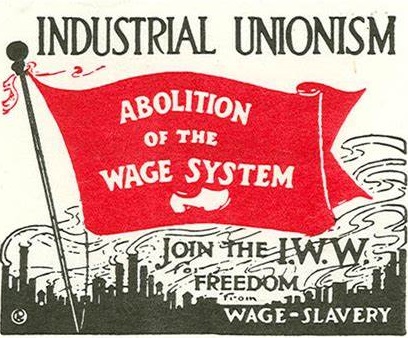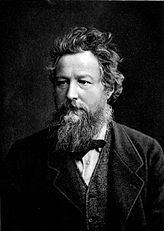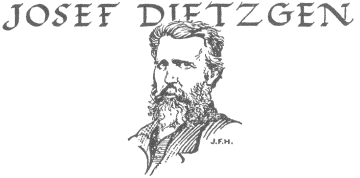
We are not alone
“Instead of the conservative motto, “A fair day’s wage for a fair day’s work!” they ought to inscribe on their banner the revolutionary watchword, “Abolition of the wages system!” (Karl Marx, Value, Price and Profit.) Though the World Socialist Movement doesn’t necessarily agree with the Industrial Workers of the World on everything, but we do think they present a…

Abolishing money
An Old Debate It is quite difficult to envisage a world without money. It requires a considerable imagination to think of life without, pound-notes, coins, banks and financial worries over paying the next bill. From birth to the grave, workers’ lives are conditioned by money. People grow old before their time because of it. Without money we…

The “Economic Calculation” Controversy
Unravelling of a myth by Robin Cox The economic calculation argument (ECA) has to do with the claim that, in the absence of market prices, a socialist economy would be unable to make rational choices concerning the allocation of resources and that this would make socialism an impracticable proposition. Tracing the historical development of this…

How Socialism Can Organise Production Without Money
From World Socialist No2 Winter 1984 1. Labour-time accounting or calculation in kind? In 1920 Ludwig von Mises published an article “Die Wirtschaftsrechnung im sozialistischen Germeinwesen” , which was translated into English in 1935 as “Economic Calculation in the Socialist Commonwealth” and published in Collectivist Economic Planning: Critical Studies on the Possibilities of Socialism edited by Fron…

The Role of the Soviets
The role of the soviets in Russia’s bourgeois revolution: the point of view of Julius Martov This article originally appeared in the French political journal, Economies et societes, cahiers de l’ISMEA, Paris, serie S, Number 18, April-May 1976 issue. The basic principle defended by Marx throughout his forty years of socialist activity can be summed…

More Leninist Distortions
By Binay Sarkar, World Socialist Party (India) 1. Claim that state capitalism is socialism Lenin arbitrarily created a so-called “scientific distinction between socialism and communism”: In the Tasks of the Proletariat in Our Revolution, written April 10, 1917, Lenin proclaimed: “From capitalism mankind can pass directly only to socialism, i.e., to the social ownership of…

An ‘Impossibilist’ Socialist?
An ‘Impossibilist’ Socialist? William Morris and the Politics of Socialist Revolution versus Social Reform by Colin Skelly In a recent article in the Journal of the William Morris Society it has been argued that the anti-parliamentary socialism of the Socialist League (SL) and Morris in particular divided revolutionary socialists from the left and led to…

Re-forming the Reformers
Further to previous articles on the Marxist Impossibilist tradition it must sound rather bizarre to modern ears that there exist political parties that do not make demands upon the present capitalist system and its protector, the State. For many people it seems common-sense that a socialist party should advocate for something right now. Labour and left-wing…

Joseph Dietzgen – The Workers Philosopher
This is an article written by Adam Buick for the journal Radical Philosophy 10. Spring 1975 . JOSEPH DIETZGEN is indeed a neglected philosopher. How many people know that he was the man Marx introduced to the 1872 Congress of the First International as ‘our philosopher’ ? Or that it was Dietzgen, not Plekhanov, who first coined the phrase ‘dialectical materialism’ ? Or…

Be Realistic: Demand the Impossible
In the previous article describing the World Socialist Party of the United States reference was made to Impossibilism. Students of America’s left history will recognize it as an outlook represented by the now defunct Socialist Labor Party, (1), extinct Proletarian Party (2) and the still going Socialist Party of Canada (3) which Larry Gambone describes in a brief history of the SPC. (4) Also…